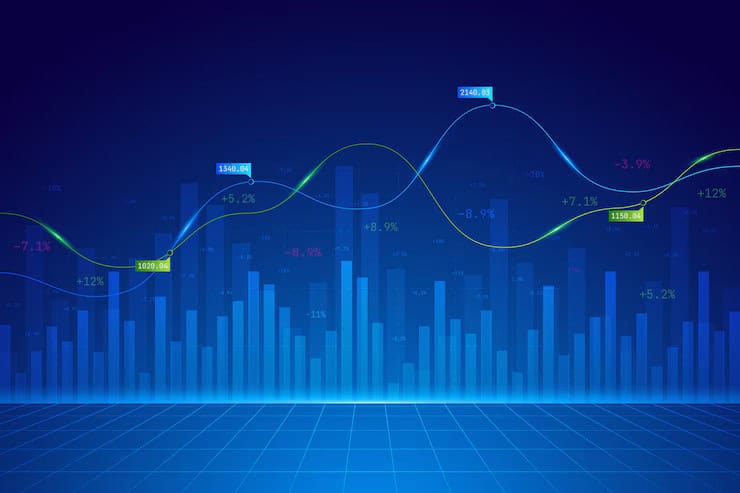In the realm of forex trading, staying abreast of fundamental factors is paramount, as they shape market sentiment, influence currency valuations, and drive price movements. From economic indicators to geopolitical events, a myriad of factors contribute to the dynamic landscape of forex markets. This article delves into the significance of fundamental analysis in forex trading, focusing on the analysis of economic data and news events to make informed trading decisions.
Understanding Fundamental Analysis
Fundamental analysis involves evaluating the intrinsic value of currencies by assessing economic, political, and social factors that impact supply and demand dynamics. Unlike technical analysis, which relies on historical price data, fundamental analysis focuses on the underlying forces driving market movements. Traders analyze a plethora of economic indicators, central bank policies, geopolitical developments, and news events to gauge the health of economies and anticipate currency fluctuations.
Analyzing Economic Data
1. GDP (Gross Domestic Product):
GDP measures the total value of goods and services produced within a country’s borders and serves as a key indicator of economic health. Traders monitor GDP reports to assess the strength of an economy and anticipate currency movements accordingly. A robust GDP growth often leads to currency appreciation, while a contraction may trigger depreciation.
2. Interest Rates:
Central banks use interest rates as a monetary policy tool to control inflation and stimulate economic growth. Changes in interest rates influence borrowing costs, investment decisions, and currency valuations. Traders closely monitor central bank announcements and interest rate decisions, as shifts in monetary policy can significantly impact currency markets.
3. Inflation (Consumer Price Index):
Inflation measures the rate at which prices of goods and services rise over time. Central banks aim to maintain stable inflation rates conducive to economic stability and growth. Traders scrutinize inflation data, such as the Consumer Price Index (CPI), to assess purchasing power and anticipate central bank actions regarding monetary policy adjustments.
Reacting to News Events
1. Central Bank Announcements:
Central banks play a pivotal role in shaping currency valuations through monetary policy decisions, such as interest rate changes, quantitative easing, and forward guidance. Traders closely monitor central bank meetings and announcements, analyzing policymakers’ statements for insights into future policy directions.
2. Geopolitical Events:
Geopolitical developments, including elections, trade negotiations, geopolitical tensions, and geopolitical crises, can have profound effects on currency markets. Traders assess geopolitical risks and their potential impact on investor sentiment, capital flows, and currency valuations, adjusting their trading strategies accordingly.
3. Economic Releases:
Key economic indicators, such as employment reports, retail sales, manufacturing data, and trade balances, provide valuable insights into the health of economies and their respective currencies. Traders react to economic releases by assessing whether data deviates from market expectations and adjusting their positions based on the perceived implications for currency movements.
Incorporating Fundamental Analysis into Trading Strategies
Successful forex trading entails integrating fundamental analysis into a comprehensive trading strategy that combines both fundamental and technical insights. Traders leverage economic calendars, news feeds, and analysis tools to monitor fundamental factors, assess market sentiment, and make informed trading decisions. By understanding the interplay between economic data, news events, and currency movements, traders gain a competitive edge in navigating the dynamic landscape of forex markets with confidence and precision.





